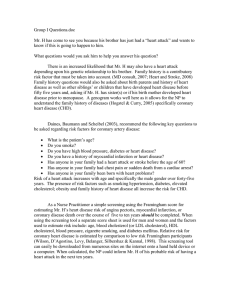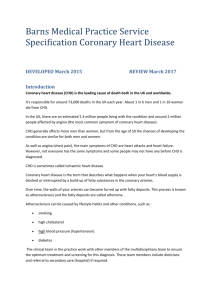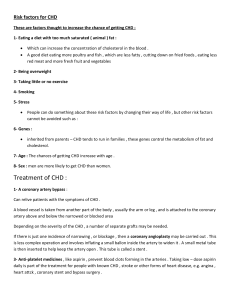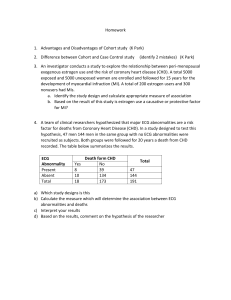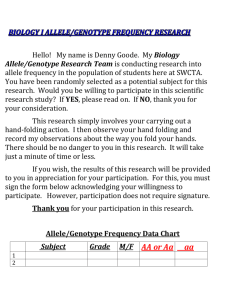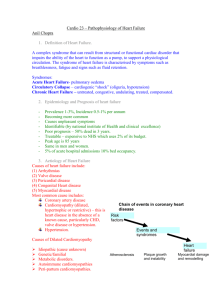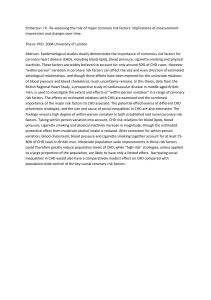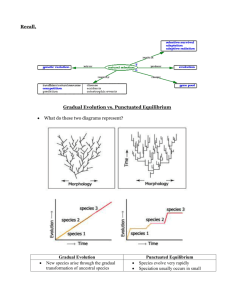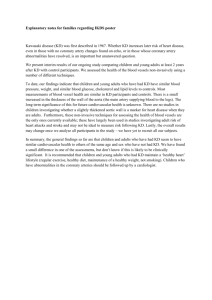leukotriene pathway gene polymorphism and
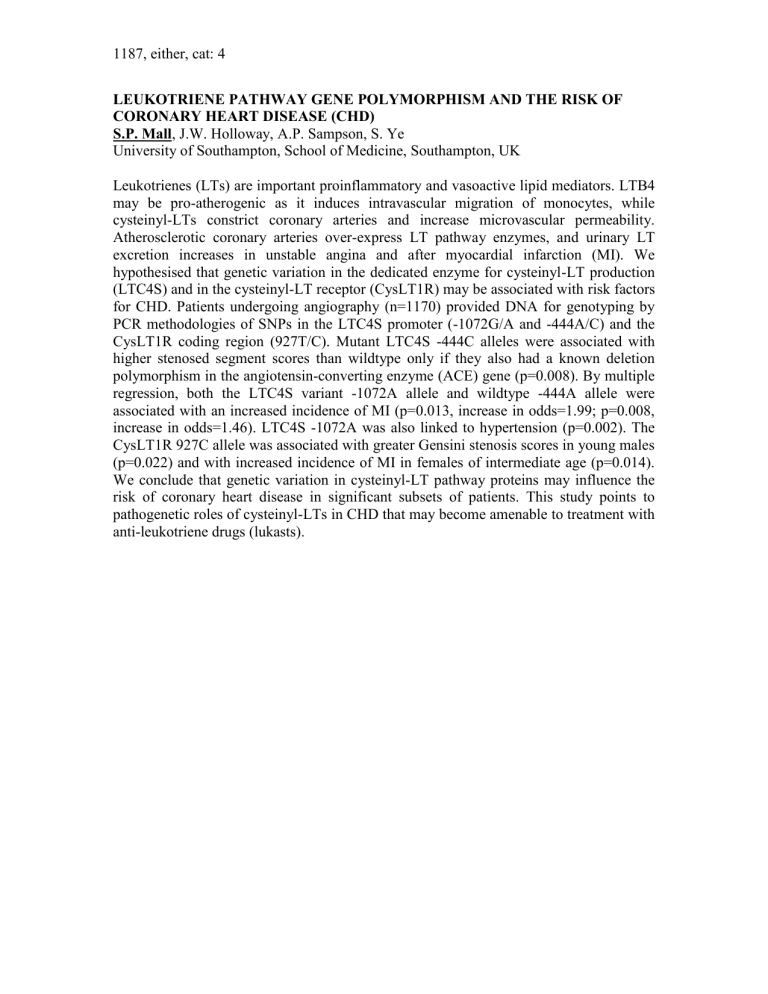
1187, either, cat: 4
LEUKOTRIENE PATHWAY GENE POLYMORPHISM AND THE RISK OF
CORONARY HEART DISEASE (CHD)
S.P. Mall , J.W. Holloway, A.P. Sampson, S. Ye
University of Southampton, School of Medicine, Southampton, UK
Leukotrienes (LTs) are important proinflammatory and vasoactive lipid mediators. LTB4 may be pro-atherogenic as it induces intravascular migration of monocytes, while cysteinyl-LTs constrict coronary arteries and increase microvascular permeability.
Atherosclerotic coronary arteries over-express LT pathway enzymes, and urinary LT excretion increases in unstable angina and after myocardial infarction (MI). We hypothesised that genetic variation in the dedicated enzyme for cysteinyl-LT production
(LTC4S) and in the cysteinyl-LT receptor (CysLT1R) may be associated with risk factors for CHD. Patients undergoing angiography (n=1170) provided DNA for genotyping by
PCR methodologies of SNPs in the LTC4S promoter (-1072G/A and -444A/C) and the
CysLT1R coding region (927T/C). Mutant LTC4S -444C alleles were associated with higher stenosed segment scores than wildtype only if they also had a known deletion polymorphism in the angiotensin-converting enzyme (ACE) gene (p=0.008). By multiple regression, both the LTC4S variant -1072A allele and wildtype -444A allele were associated with an increased incidence of MI (p=0.013, increase in odds=1.99; p=0.008, increase in odds=1.46). LTC4S -1072A was also linked to hypertension (p=0.002). The
CysLT1R 927C allele was associated with greater Gensini stenosis scores in young males
(p=0.022) and with increased incidence of MI in females of intermediate age (p=0.014).
We conclude that genetic variation in cysteinyl-LT pathway proteins may influence the risk of coronary heart disease in significant subsets of patients. This study points to pathogenetic roles of cysteinyl-LTs in CHD that may become amenable to treatment with anti-leukotriene drugs (lukasts).

